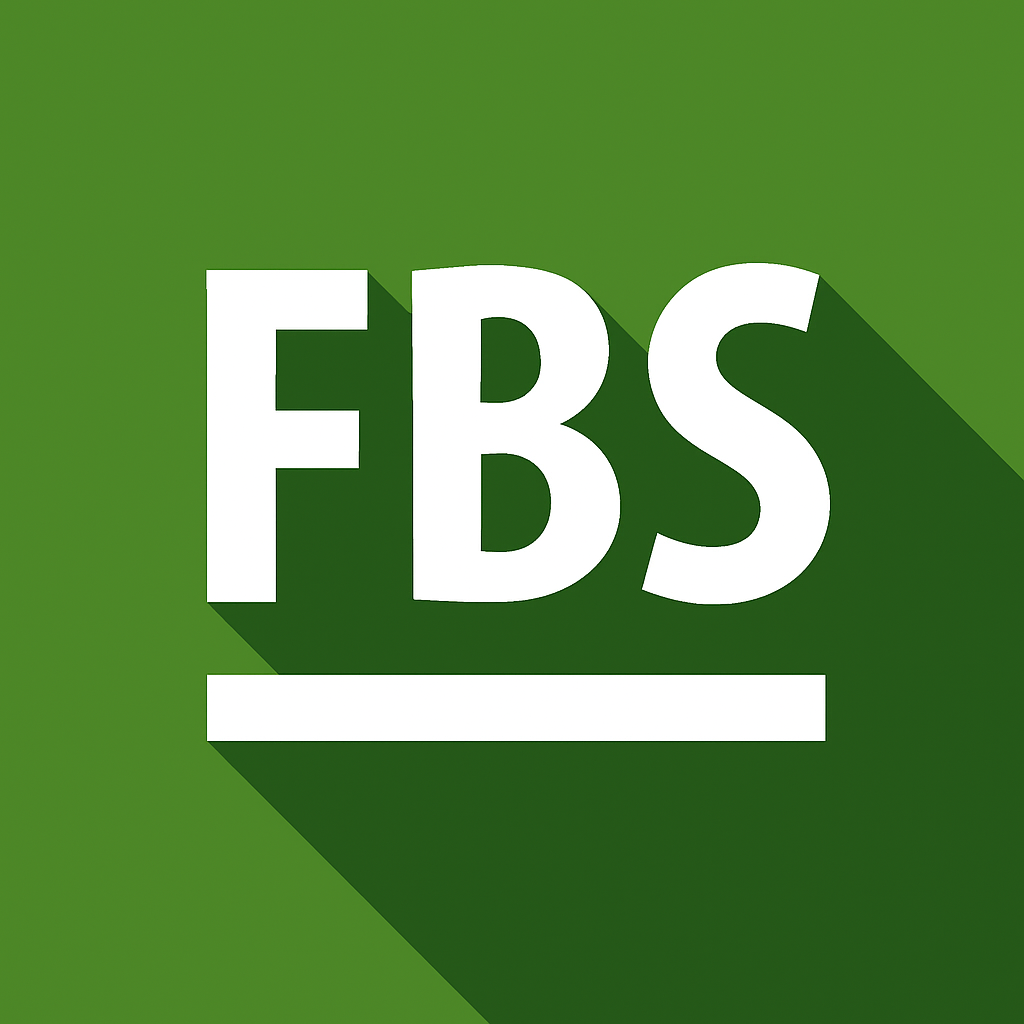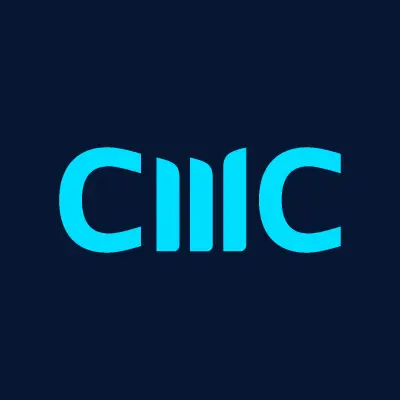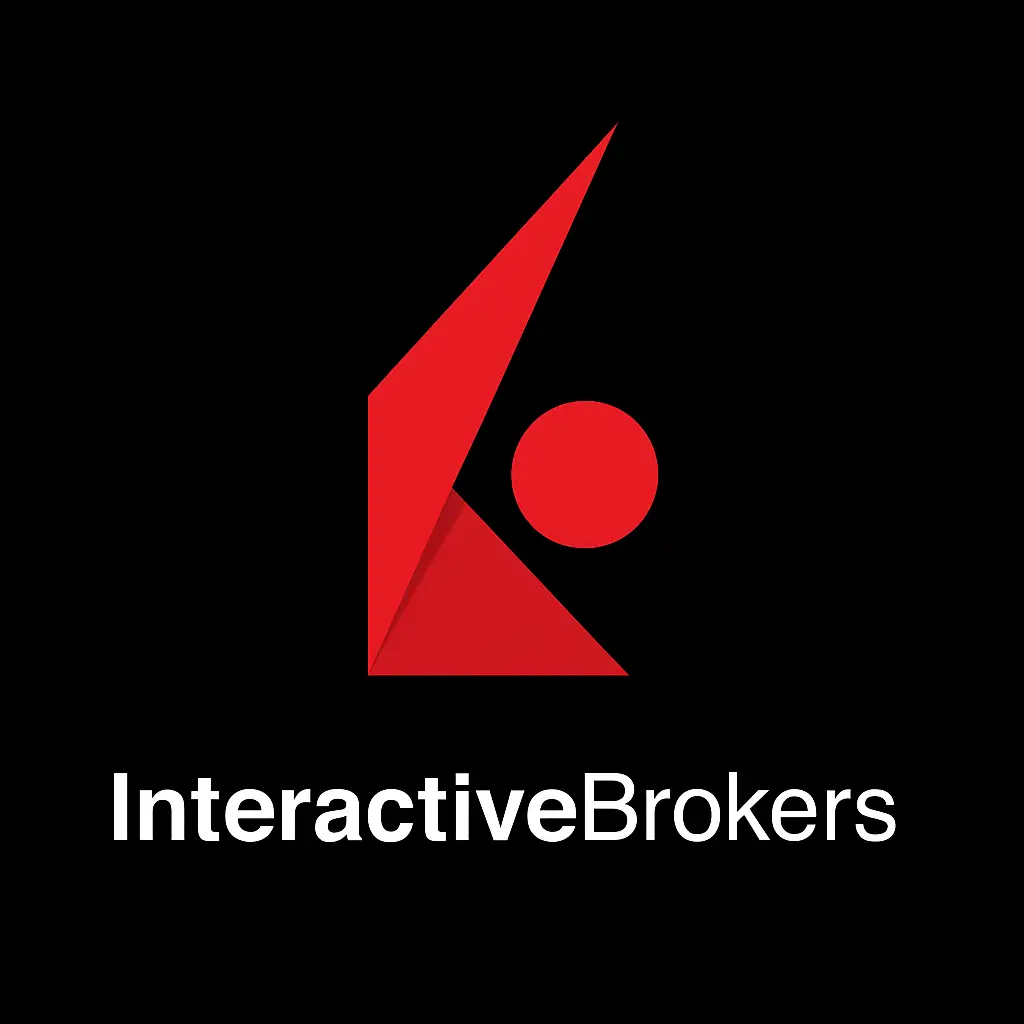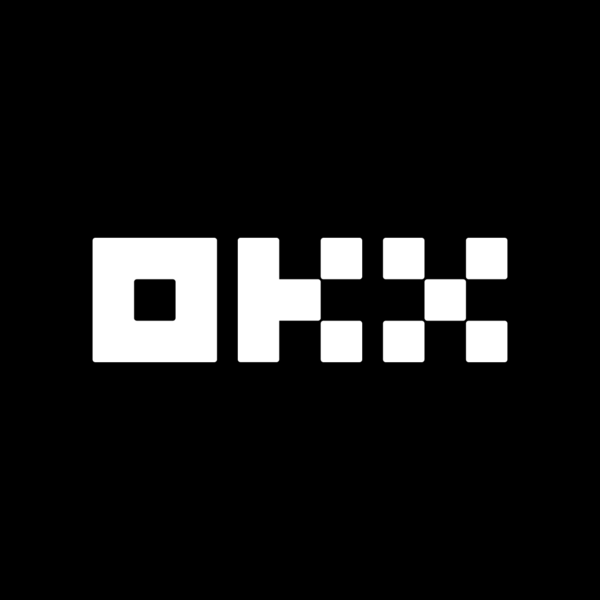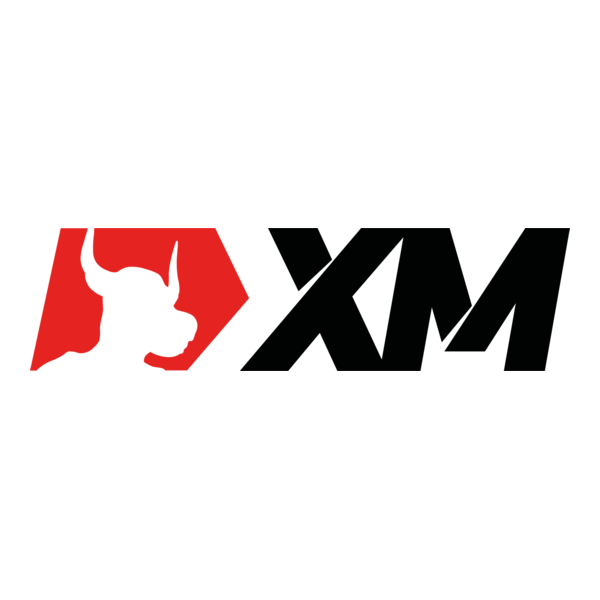- home
- broker-reviews
- Robinhood
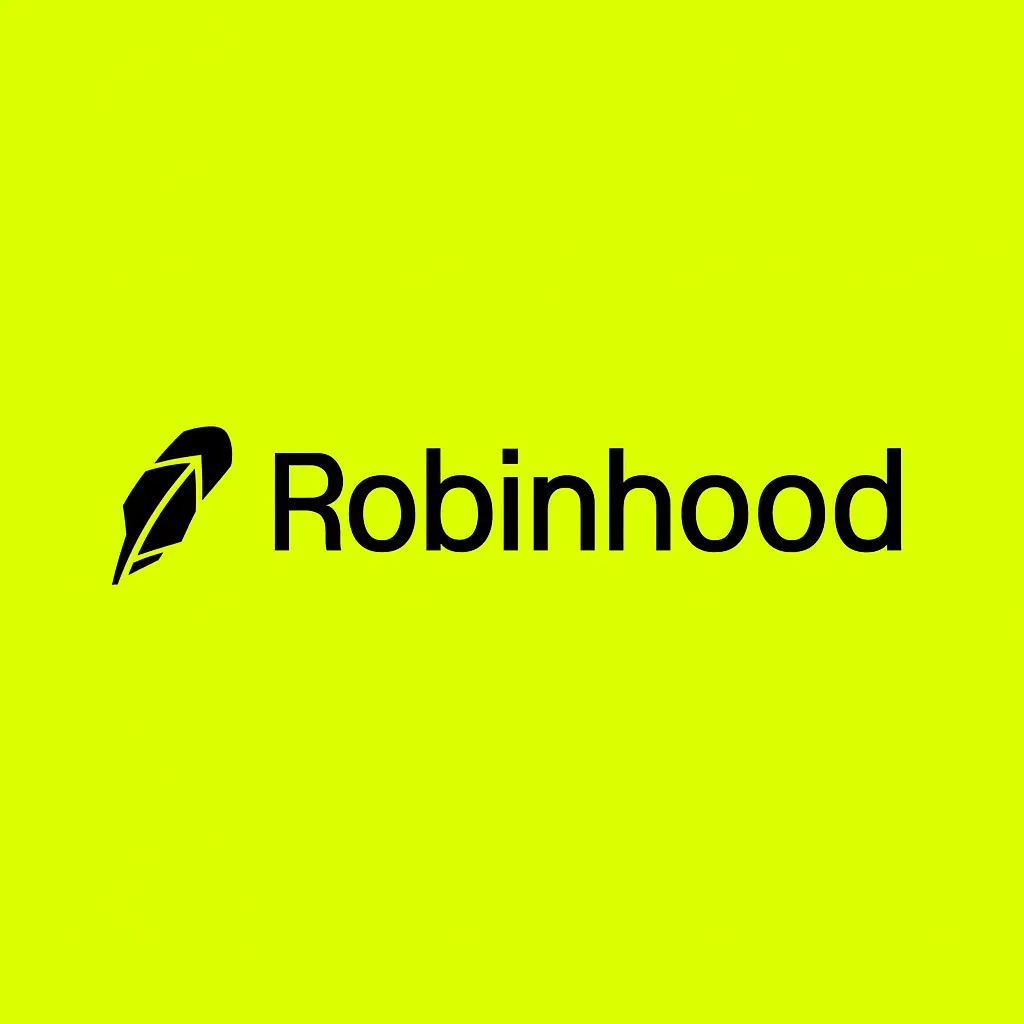
Robinhood Review 2025: Low cost & mobile friendly platform

Reviewed by
James Thornton
Commission free on some products
Great for beginners
Summary:
Founded in 2013, Robinhood revolutionized retail investing by introducing commission-free trading through a user-friendly mobile app. Over the years, it has expanded its services to include stocks, ETFs, options, cryptocurrencies, and retirement accounts. As of early 2025, Robinhood boasts over 10 million active users and approximately $194 billion in assets under custody .
Trading Experience
Robinhood offers a streamlined trading experience with a focus on ease of use. The platform supports trading in stocks, ETFs, options, and cryptocurrencies, with features like fractional shares and extended trading hours enhancing its appeal to retail investors.
User-friendly interface suitable for beginners.
Fractional share investing starting at $1.
24/5 trading availability for certain securities.
Limited advanced trading tools and research capabilities.
No support for mutual funds or fixed-income securities.
The platform’s simplicity is both a strength and a limitation. While it’s accessible for novice investors, the lack of advanced charting tools and comprehensive research resources may not meet the needs of seasoned traders. The introduction of the Robinhood Legend desktop platform aims to address some of these gaps by offering enhanced charting and technical analysis tools
Tradable Products
Robinhood provides access to a range of tradable assets, including U.S. stocks, ETFs, options, and select cryptocurrencies. However, it lacks offerings in mutual funds, bonds, and international equities.
Wide selection of U.S. equities and ETFs.
Commission-free options trading.
Cryptocurrency trading with no commission fees.
No access to mutual funds, bonds, or international stocks.
Limited cryptocurrency selection compared to dedicated exchanges.
Investors can trade over 5,000 U.S.-listed stocks and ETFs, as well as 22 cryptocurrencies . The platform’s focus on U.S. markets may limit diversification opportunities for investors seeking exposure to international assets or fixed-income securities.
Regulation and Security
Robinhood is a regulated broker-dealer under FINRA and a member of SIPC, providing standard investor protections. However, it has faced regulatory scrutiny and fines related to order execution practices and platform outages.
SIPC protection up to $500,000 for securities and $250,000 for cash.
Two-factor authentication and encryption protocols
Historical regulatory fines and compliance issues.
Criticism over payment for order flow practices.
In December 2020, Robinhood paid $65 million to settle SEC charges for misleading customers about revenue sources and failing to satisfy duty of best execution . While the company has taken steps to improve compliance and transparency, these past issues highlight the importance of due diligence for potential investors.
Spreads, Fees & Commissions
Robinhood’s commission-free model for trading stocks, ETFs, options, and cryptocurrencies is a significant draw for cost-conscious investors. However, the platform earns revenue through payment for order flow, which has been a point of contention.
Zero commissions on trades.
No account minimums or inactivity fees.
Transparent fee structure.
Revenue from payment for order flow may impact trade execution quality.
Transfer fees apply for outgoing ACAT transfers ($75).
While the absence of trading commissions reduces costs for investors, it’s essential to understand that Robinhood’s reliance on payment for order flow could result in less favorable trade executions compared to brokers that route orders directly to exchanges.
Deposits & Withdrawals
Robinhood offers straightforward funding options, including bank transfers and direct deposits. However, it lacks support for alternative payment methods like credit/debit cards or digital wallets.
No fees for deposits or standard withdrawals.
Instant deposit feature for eligible users.
Limited to bank transfers; no support for cards or e-wallets.
ACH withdrawals may take up to five business days.
The platform’s instant deposit feature allows users to access funds immediately, up to a certain limit, enhancing trading flexibility. However, the absence of diverse funding options may be inconvenient for some users.
Customer Support
Robinhood provides customer support through in-app chat and email, with phone support available for certain issues. The platform has faced criticism for slow response times and limited support during high-traffic periods.
24/7 in-app support for specific concerns.
Comprehensive help center with FAQs and tutorials.
Delayed responses reported during peak times.
Limited live phone support availability.
User reviews on platforms like Trustpilot reflect mixed experiences, with some praising the platform’s ease of use and others expressing frustration over customer service responsiveness . Robinhood has acknowledged these concerns and is working to enhance support infrastructure.
Final Verdict
Robinhood stands out for its commission-free trading and user-friendly interface, making it an attractive option for new investors seeking simplicity and low costs. However, its limited product offerings, past regulatory issues, and customer support challenges may prompt more experienced investors to consider alternative platforms.
Is Robinhood safe to use?
▼Robinhood is a regulated broker-dealer under FINRA and a member of SIPC, providing standard investor protections. However, users should be aware of the platform's past regulatory issues and ensure they understand the risks associated with investing.
What investment options are available on Robinhood?
▼Robinhood offers trading in U.S. stocks, ETFs, options, and select cryptocurrencies. It does not currently support mutual funds, bonds, or international equities
Are there any fees associated with Robinhood?
▼While trading is commission-free, Robinhood earns revenue through payment

